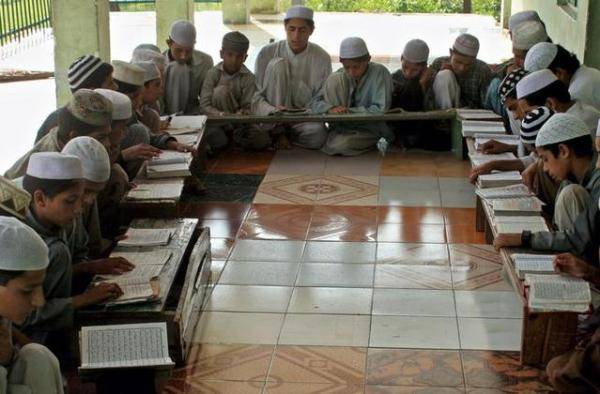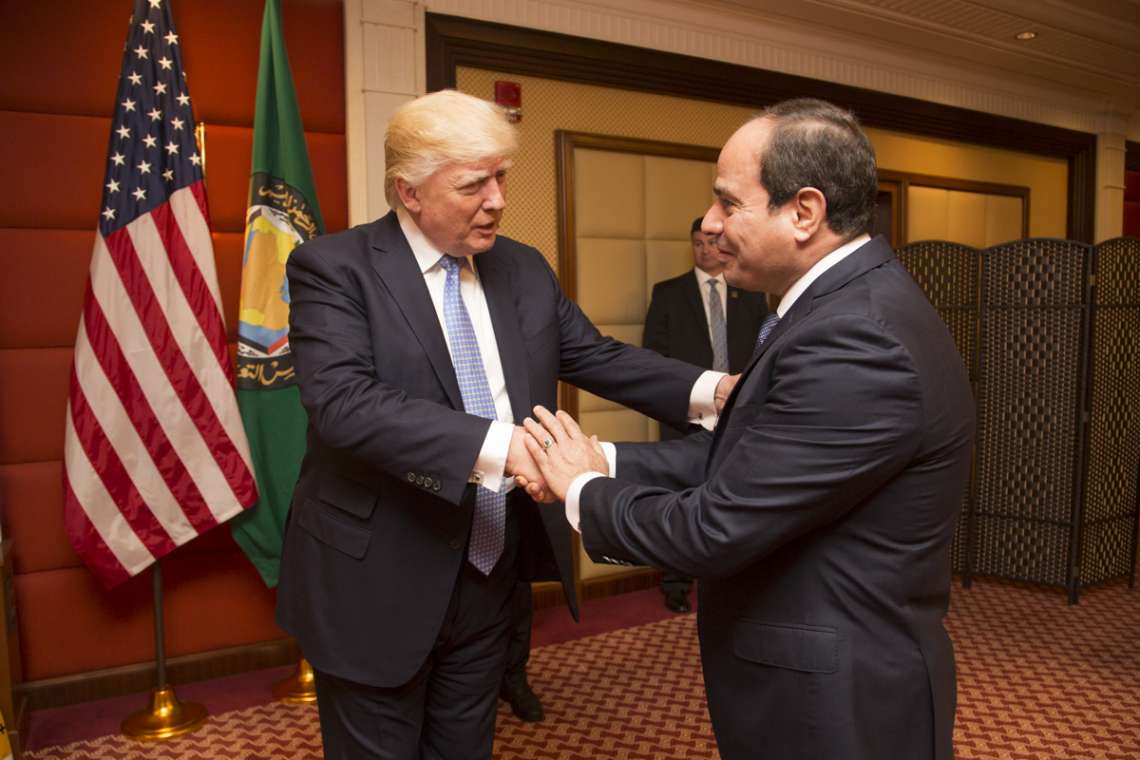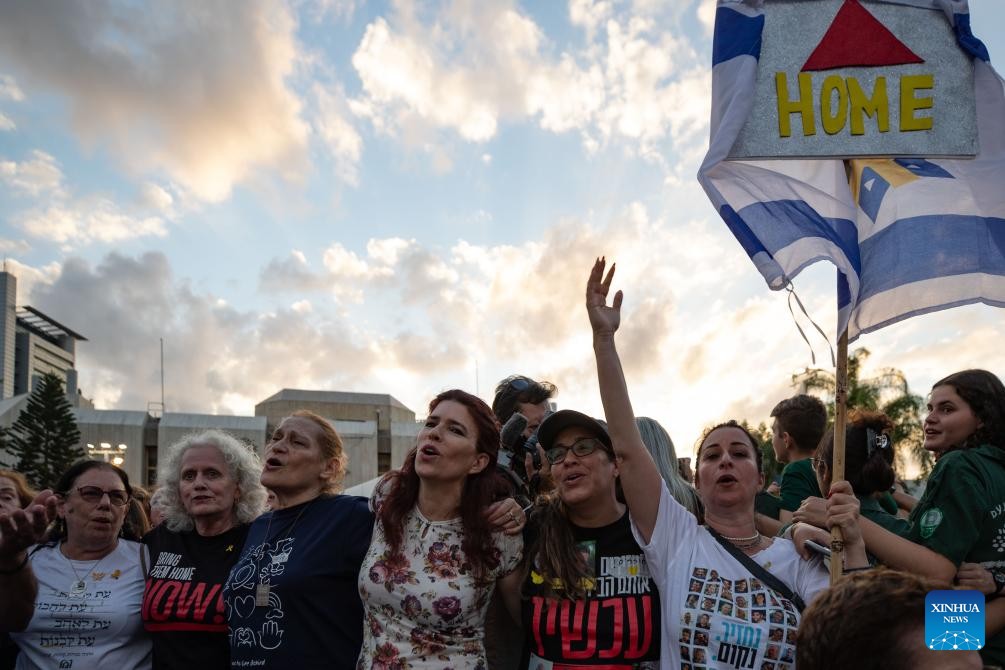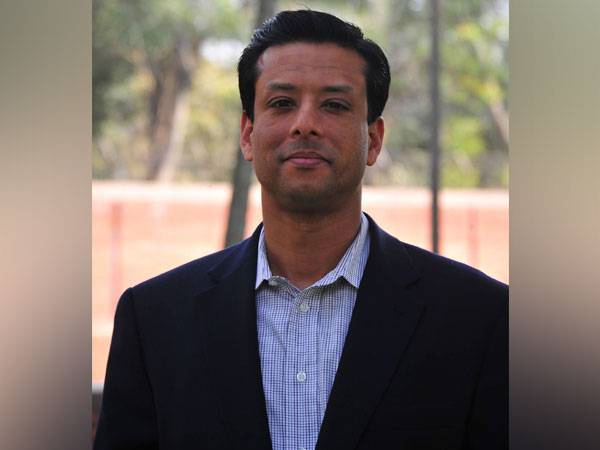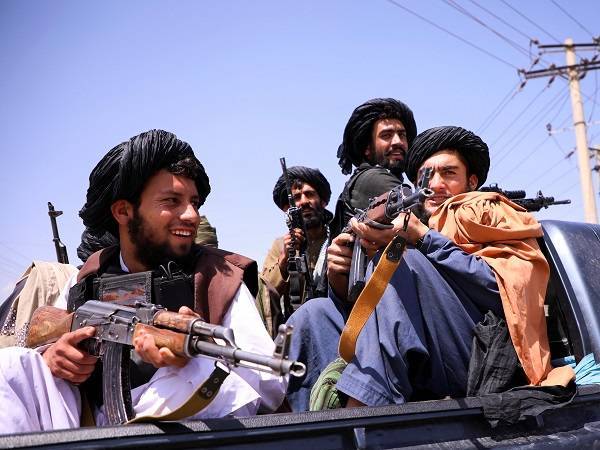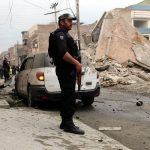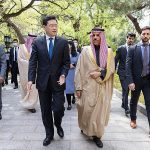Some analysts observed that many have failed to register with the government, provide documentation of their sources of funding, or comply with laws governing acceptance of foreign students…writes Sanjeev Sharma
Some madrasas in Pakistan have continued to teach violent extremist doctrine, according to a new US report on terrorism.
While the Imran Khan-led government has continued efforts to increase madrasa regulation, some analysts and reform proponents observed that many have failed to register with the government, provide documentation of their sources of funding, or comply with laws governing acceptance of foreign students, the report said.
Pakistan made limited progress on the most difficult aspects of its 2015 National Action Plan to counter terrorism, specifically in its pledge to dismantle all terrorist organisations without delay or discrimination, it added.
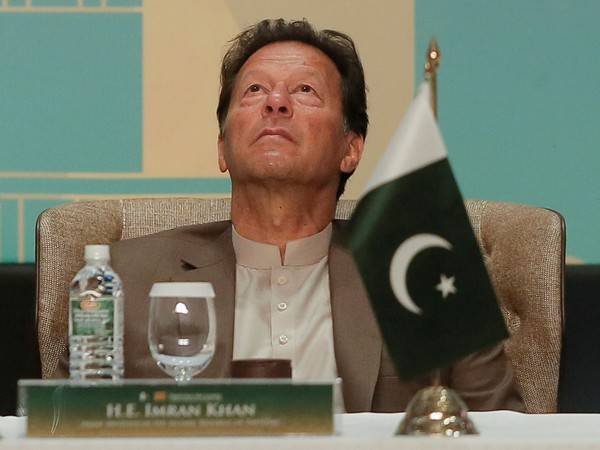
In 2018, the Financial Action Task Force (FATF), an intergovernmental body tasked with combating money laundering and terrorist funding, identified Pakistan as a jurisdiction with strategic deficiencies in its AML/CFT system and agreed to an action plan with the government to address deficiencies.
ALSO READ: ‘Pakistan incapable of stepping back from Islamist path’
At the October FATF plenary, the body’s member states acknowledged Pakistan had largely addressed 21 of its 27 action plan items and partially addressed the remaining six.
FATF member states agreed to keep Pakistan on the grey list through FATF’s 2021 plenary.
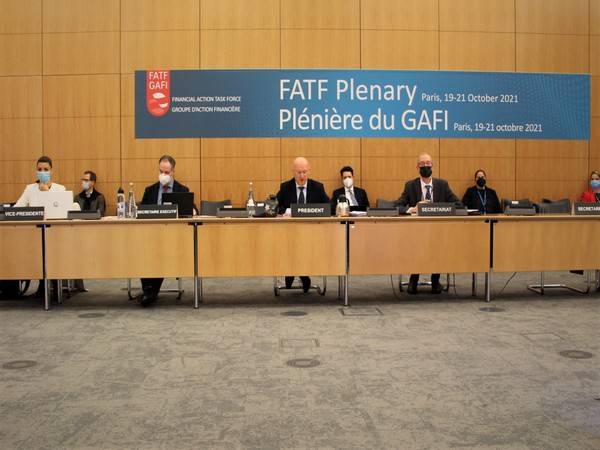
Pakistan did not, however, take steps under its domestic authorities to prosecute other terrorist leaders residing in Pakistan, such as JeM founder Masood Azhar and LeT’s Sajid Mir, mastermind of the 2008 Mumbai attacks, the report noted.
Pakistan experienced significant terrorist threats in 2020. The number of attacks and casualties was slightly higher than in 2019.
Major terrorist groups that focused on conducting attacks in Pakistan included TTP and IS Pakistan.
Separatist militant groups conducted terrorist attacks against varied targets in Balochistan and Sindh provinces. Terrorists used a range of tactics to attack targets, including IEDs, VBIEDs, suicide bombings, and targeted assassinations, the report said.

